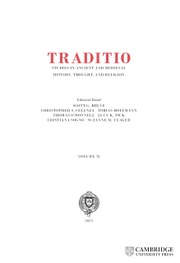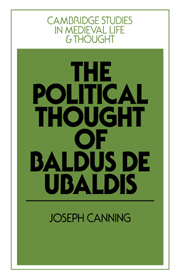Ideas of Power in the Late Middle Ages, 1296–1417
Through a focused and systematic examination of late medieval scholastic writers - theologians, philosophers and jurists - Joseph Canning explores how ideas about power and legitimate authority were developed over the 'long fourteenth century'. The author provides a new model for understanding late medieval political thought, taking full account of the intensive engagement with political reality characteristic of writers in this period. He argues that they used Aristotelian and Augustinian ideas to develop radically new approaches to power and authority, especially in response to political and religious crises. The book examines the disputes between King Philip IV of France and Pope Boniface VIII and draws upon the writings of Dante Alighieri, Marsilius of Padua, William of Ockham, Bartolus, Baldus and John Wyclif to demonstrate the variety of forms of discourse used in the period. It focuses on the most fundamental problem in the history of political thought - where does legitimate authority lie?
- Provides a new interpretation of late medieval political thought
- Places key thinkers and political ideas in their historical context
- Addresses a wide range of approaches to late medieval political thought
Reviews & endorsements
'Teachers of the history of political ideas will find this book, whose origins are in the author's own teaching practice, useful as a textbook. The structure lends itself to use in the classroom: essential biographical and historiographical information is woven into the analysis and makes each chapter relatively self-sufficient. The writing is always clear and steady, rarely perturbed by accelerations of pace or technical jargon.' Serena Ferente, Speculum
Product details
January 2014Paperback
9781107640696
232 pages
229 × 152 × 13 mm
0.32kg
Available
Table of Contents
- Introduction
- 1. Ideas of power and authority during the disputes between Philip IV and Boniface VIII
- 2. Dante Alighieri: the approach of political philosophy
- 3. Marsilius of Padua
- 4. Power and powerlessness in the poverty debates
- 5. The treatment of power in juristic thought
- 6. The power crisis during the Great Schism (1378–1417)
- Conclusion
- Bibliography
- Index.

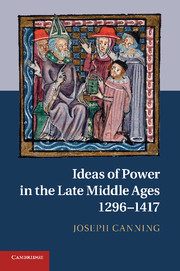
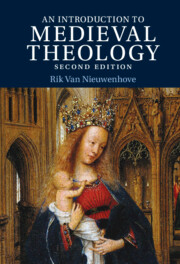
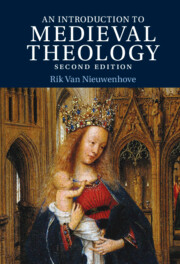
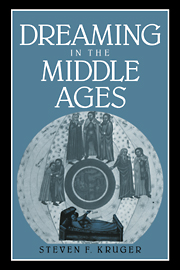
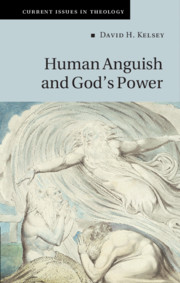


.jpg)
